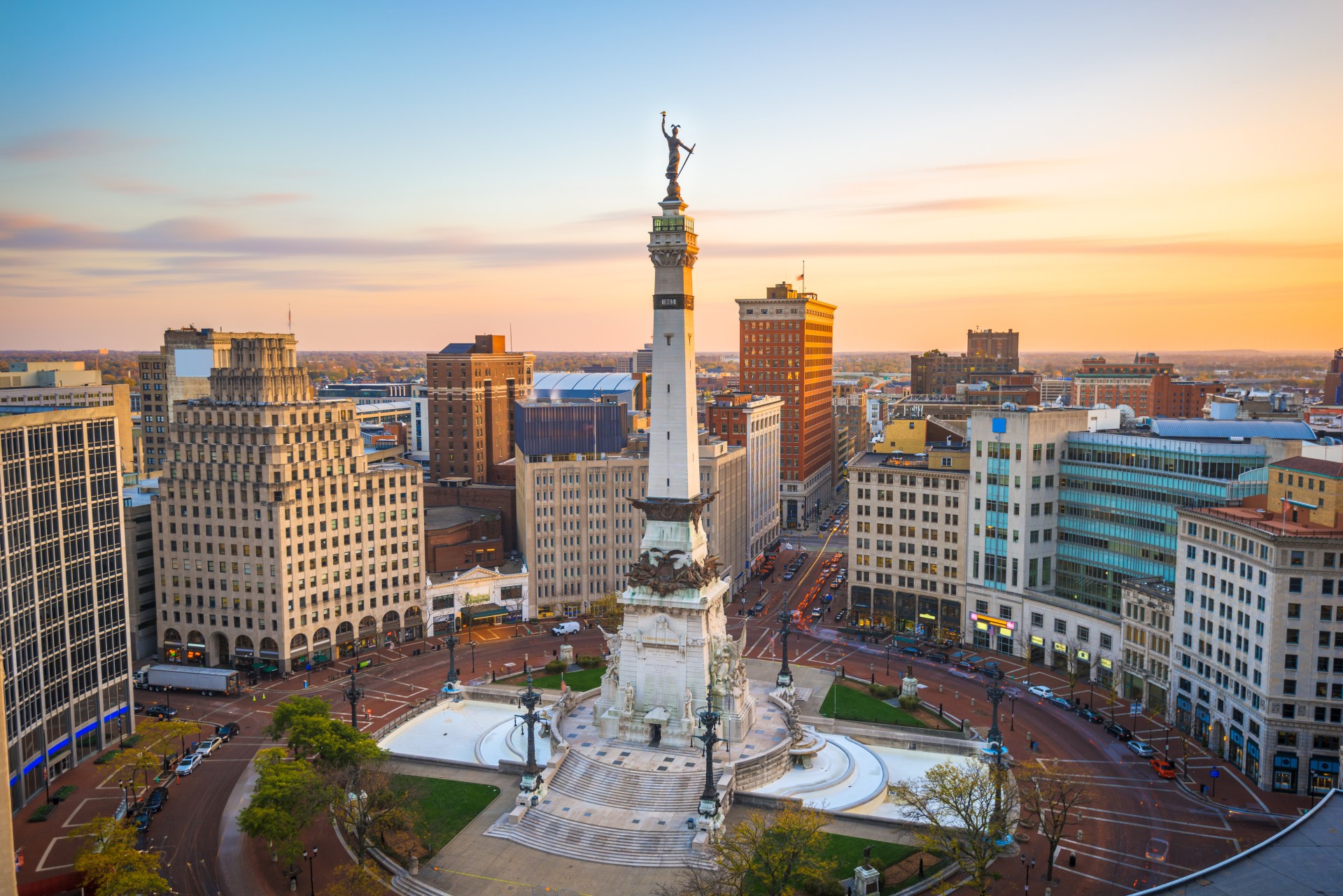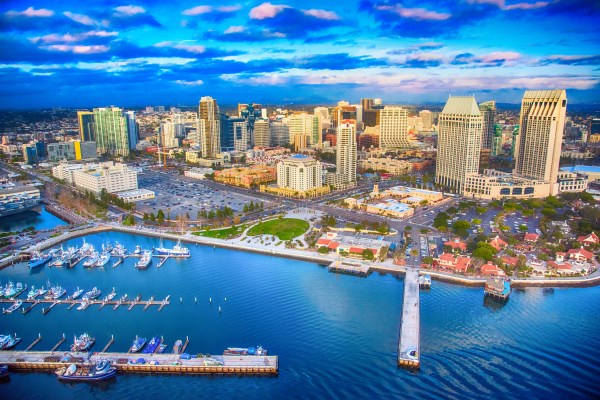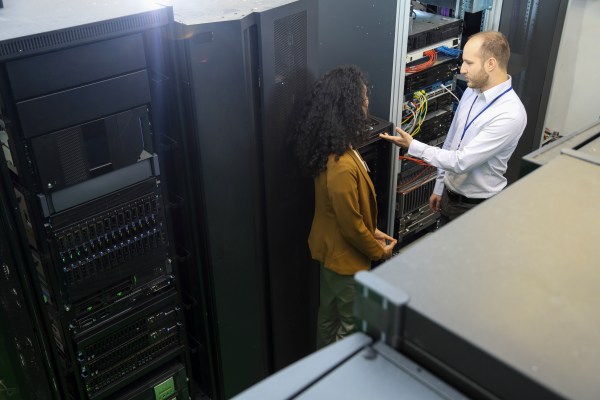Historically, Indiana’s economy was based on its location and transport infrastructure. Now, the city still benefits from its location but modern organizations are at least as likely to be interested in its network infrastructure as its transport infrastructure. With that in mind, here is a brief guide to what you need to know about implementing an Indianapolis data center.
Why choose an Indianapolis data center?
Probably the main appeal of an Indianapolis data center is that Indianapolis has a central location in the United States. This makes it a great choice for organizations with a national or regional presence.
The city itself has a business-friendly environment and robust infrastructure both traditional and digital. For example, it is near major transportation routes and has a well-developed network and power infrastructure. Indianapolis also has a temperate climate and minimal risk of extreme weather.
What to consider when choosing an Indianapolis data center
Overall, the key points to consider when choosing an Indianapolis data center are much the same as for any other location. There are, however, some location-specific considerations. With that in mind, here is an overview of the 10 key points to consider when choosing an Indianapolis data center.
Your budget: You need to set a budget for implementation (upfront) costs and operational (ongoing) costs. It’s also vital to be clear about whether or not there’s any flexibility in your budget. If there is, define the level of flexibility.
Security: Any Indianapolis data center can be reasonably expected to have a high level of physical and digital security. The key question, however, is “just how high a level of security do you need?”. If in doubt, err on the side of caution. At the same time, remember that paying for more security than you need will increase your costs unnecessarily.
Compliance: Robust security forms the basis for compliance. It is, however, not sufficient in itself. Vendors need to complete specific compliance processes to be granted compliance certification. When thinking about what data security standards and/or frameworks you want an Indianapolis data center vendor to support, remember to think about the future too.
Network connectivity options: There are three key options most organizations will want to check. The first is the data center’s proximity to network hubs. This will influence the speed and reliability of connections. The second is whether or not it is carrier-neutral. In other words, can organizations choose their vendors freely? The third is whether or not it has multicloud support.
Resilience: The key measurement of resilience is uptime. An Indianapolis data center vendor should provide a contractual uptime guarantee. It should back this with a tier rating and/or historical data (preferably and). The vendor should also be able to explain its processes for event- and incident management, business continuity, and disaster recovery.
Energy management: In the modern world, getting access to robust power infrastructure is not usually a huge challenge, at least not in a city such as Indianapolis. The modern challenge is energy management. This essentially means using energy as efficiently and as sustainably as possible.
Climate considerations: Climate is a major win for Indianapolis data centers. The fact that the climate is temperate means that it’s relatively easy to manage cooling and humidity. It also means that there is minimal risk from extreme weather conditions.
Customization and scalability options: To a certain extent, the customization and scalability options will be determined by the type of Indianapolis data center you choose. Enterprise data centers offer maximum customizability but are relatively hard to scale. Cloud data centers are the opposite. Colocation and managed-services data centers are in-between. There is, however, often some level of variance between different data center facilities.
Location: When looking at potential Indianapolis data center locations, there are three key factors to consider. The first is its proximity to major network hubs. The second is its proximity to important locations for your business (e.g. your user base). The third is its accessibility. Keep in mind that your choice of location is likely to have a significant influence on the cost of any Indianapolis data center.
Vendor quality: If a data center facility checks all the right boxes, then the last step is to evaluate the vendor that runs it. In addition to looking at quantitative factors such as service guarantees, it’s also important to look at qualitative factors such as customer service. Ideally, you should tour a prospective vendor’s facilities and talk to as many of their staff as possible. Also, take a look at reviews left by former employees. These can tell you a lot about any company.







